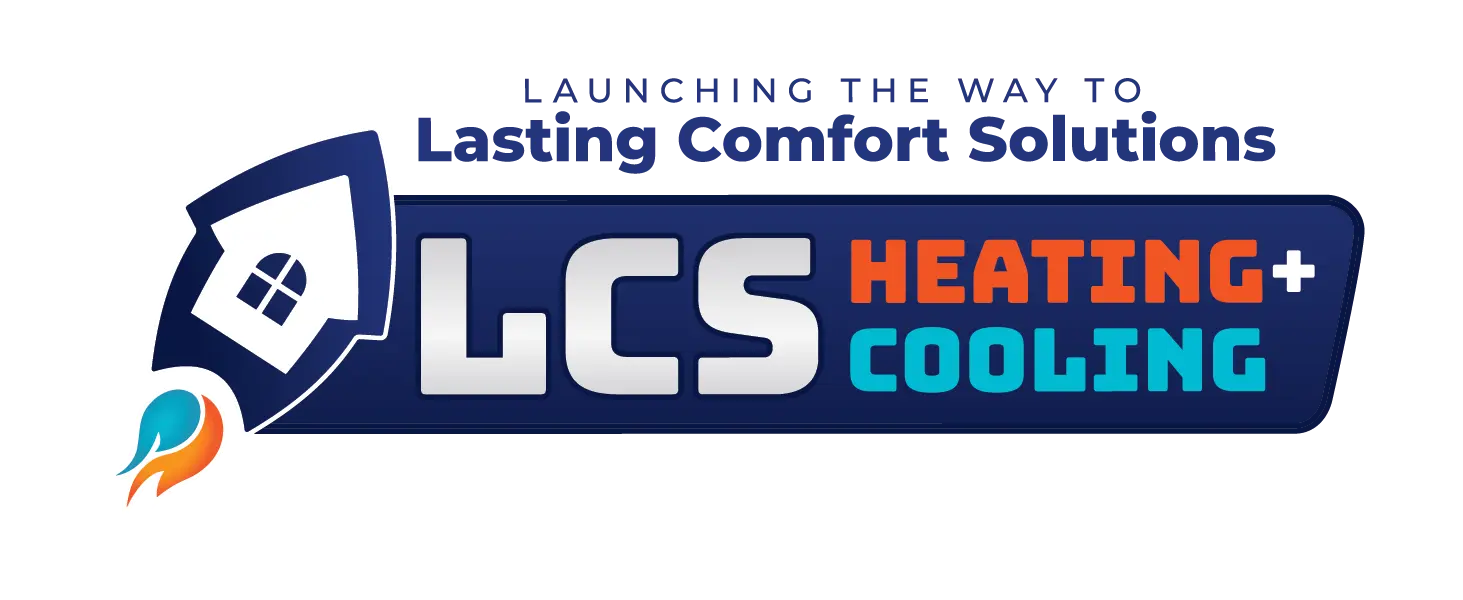Investing in home upgrades can be fun....or not so fun! Many homeowners are excited to add a sunroom, remodel a bathroom, finish a basement, pick out new flooring or granite tops. How about picking out a new furnace though? HVAC is something we need but it's not always fun to invest in because it can't be seen. HVAC is all about comfort. As homeowners consider their HVAC upgrades, we are often asked out rebates, incentives, and tax credits. Being a new year, the money available to homeowners is different than what it was last year. To keep things simple, we've listed below what's available now:
Lennox Equipment Rebates- The Lennox spring promotion is on from March 24 - June 13, 2014. Rebates ranging in price from $75 - $1,300 are available on high efficient equipment. Rebates are based on the installation of a single unit (air conditioner, heat pump or furnace) versus the installation of a full system (furnace, air conditioner or heat pump and thermostat). Rebates also vary based on the efficiency of the system. Also available are rebates ranging from $50 - $300 for PureAir filtration, zoning and solar panels.
Utility Rebates- A few of the utility companies are carrying their rebate programs into 2014.
Vectren- $150 for a 92-94% efficient gas furnace. $250 for a 95%+ efficient gas furnace. $300 for a 90%+ efficient natural gas boiler. $20 for a programmable thermostat.
Citizens Gas- $150 rebate for a 92-94% efficient gas furnace. $250 for a 95%+ efficient gas furnace. $300 for a 90%+ efficient natural gas boiler. $20 for a programmable thermostat.
Duke Energy- $200 for a 14+ seer heat pump with ECM fan on indoor unit. $200 for a 14+ seer air conditioner with ECM fan on indoor unit. $200 for 10.5+ EER geothermal heat pump.
Vectren and Citizens Gas also offer rebates for duct sealing, attic insulation and wall insulation. See their websites for insulation specifications. IPL's residential rebate program ended in 2013.
Federal Tax Credit- The federal tax credit available for 2014 is a 30% tax credit on the installation of solar panels, wind energy and geothermal heat pumps. This tax credit will remain in effect until December 31, 2016.
If you are considering an upgrade to high efficient equipment, now is a great time to do so. Why not save some $$$ that you'd otherwise be spending? There are always options when it comes to HVAC systems, energy efficiency and comfort. Contact us anytime for a free quote!
March 19, 2014
Solar Energy and HVAC- Is It Worth Considering?
Did you know that HVAC systems can be powered by solar energy? This isn't terribly new, but the way solar can power your HVAC has evolved over the last few years. Is it something that could be an option for you? Is it worth it?
Indiana is known for its drastic temperature swings and four seasons. For this reason, many people assume that Indiana doesn't get enough sunshine to really take advantage of solar power. While the energy savings in Indiana may not be as significant as the energy savings in Florida, it is still something to consider.
While an HVAC installation is an investment, the federal tax credit and utility rebates are still in effect for high efficient equipment and solar energy. Through December 31, 2016, the federal tax credit for solar systems is 30% of entire installation cost with no maximum allowance. If there is an excess tax credit, that excess is generally carried over to the following tax year.
In addition, solar usage has come a long way in just a few years! When solar first came on the market in the HVAC industry, it was basically a single solar panel that attached to the outdoor unit. It's a little different today. Since we are an independent Lennox dealer, I'm going to discuss this in terms of Lennox equipment. Some models of high efficient Lennox equipment are "solar ready." This means that the new equipment can be installed and the solar panels can either be installed at the same time, at a later date, or never! Up to 15 panels can be installed for each air conditioner or heat pump. You can even start with just one or two panels and add more at a later time. The solar energy generated is first used to power the air conditioner or heat pump. If the HVAC system is not running, that energy is then used to power other appliances, lighting and electronics.
A communication module also sends data to a website so you can monitor your system at any time! Data that is accessible on the website include energy production, system performance and environmental benefits.
So, is it something to consider? We'd say so! It's worth learning about to see if a solar investment makes sense for you and your home or business. Contact us anytime for more information or with questions!
